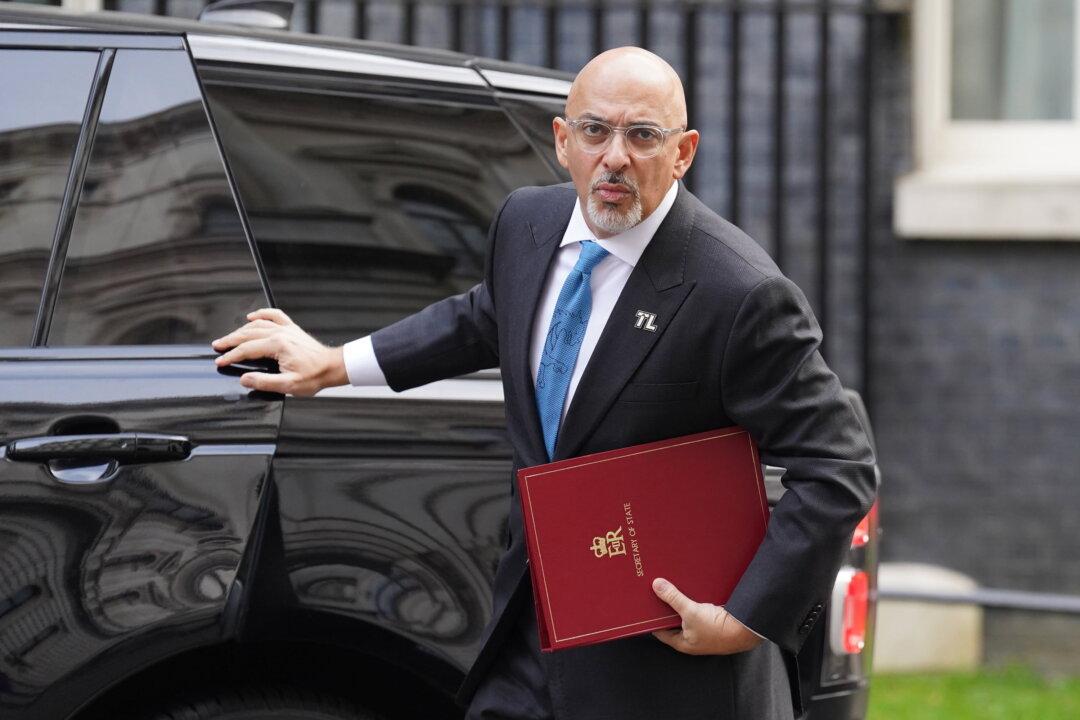Education Secretary Nadhim Zahawi has ordered a U-turn on the government’s Schools Bill after a rebellion in the House of Lords ordered a rethink, following accusations of a Whitehall power grab.
Under the plans, all schools must become academies, but a scathing rebellion from the Lords, including from former Prime Minister Margaret Thatcher’s architect of education, warned it would give Whitehall unrestricted control over education.





